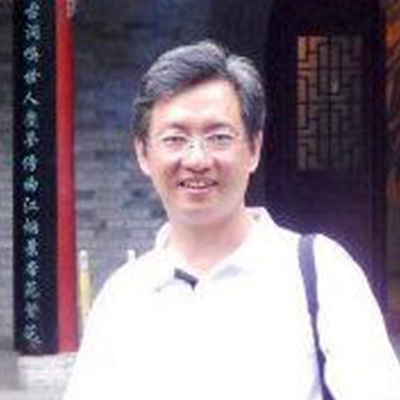Dr. Shih-Min Liu

- Speaker: 劉世閔 Shih-Min Liu
- Position: 國立高雄師範大學教育學系副教授 Associate professor, DOE, NKNU
- Time: Thursday, November 2, 2023, 09:00-12:00
- Venue: 國立中山大學 NSYSU
Education and work experience
【學歷】
1996~2000 美國紐約大學教育行政、領導與科技學系(ALT)Ph.D.@ALT, NYU
【經歷】
- 曾任國民小學教師9.5年、大學專任教師23年 (I used to serve as an elementary school teacher for 9.5 years and a university full-time teacher for 23 years)
- 民國83年教育部教育學門公費留學獎學金得主。(In 1994, I was the recipient of the National Educational Scholarship from the Ministry of Education.)
- 國家高考教育行政二級及格、曾任地方教育行政公務人員(I successfully passed the National College Entrance Examination for Educational Administration Level 2, and as a result, became a civil servant working in the field of education administration at the local level.)
- 台中教育大學第23屆傑出校友(學術類)(I was awarded the 23rd Distinguished Alumni of Taichung University of Education.)
- 出版105篇期刊,發表41篇研討會論文,18本專業書籍(I have published 105 journal articles, 41 seminar papers, and 18 professional books.)
- 慈濟大學師資培育中心與教育研究所助理教授(I held a position as an Assistant Professor at both the Tzu Chi University Teacher Training Center and Institute of Education.)
- 曾任高雄市台中教育大學校友會理事長 (I previously served as the chairman of the Taichung University of Education Alumni Association located in Kaohsiung City.
- 現任高雄市台中教育大學校友會榮譽理事長(I currently hold the position of Honorary Chairman within the Kaohsiung Taichung University of Education Alumni Association.)
【演講】
受邀全臺與國際演講超過400多場,台灣大學、清華大學、中央大學、政治大學、台中教育大學、中山大學、高雄科技大學……澳門科技大學、香港高等科技學院、陝西師範大學、廈門教育學會演講,北京大學、中國傳媒大學、清華大學、東北師範大學、重慶大學、湖北師大、華中師大、西南民族大學、湖北技術學院、江西師範大學、河南大學、杭州師範大學、人民大學……(I have been invited to deliver over 400 lectures across Taiwan and globally. These lectures were given at prestigious institutions such as National Taiwan University, Tsinghua University, Central University, National Chengchi University, National Taichung University of Education, National Sun Yat-sen University, Kaohsiung University of Science and Technology, as well as Macau University of Science and Technology, Technological and Higher Education Institute of Hong Kong, Shaanxi Normal University, Xiamen Education Society, Peking University, Communication University of China, Tsinghua University, Northeast Normal University, Chongqing University, Hubei Normal University, Huazhong Normal University, Southwest University for Nationalities, Hubei Institute of Technology, Jiangxi Normal University, Henan University, Hangzhou Normal University, and Renmin University.)
Research Specialty
教育導論、班級經營、比較教育、教育行政、質性研究
(Introduction to Education, Class Management, Comparative Education, Educational Administration, Qualitative Research)
Topic
NVivo在質性研究的運用
Abstract
The integrated qualitative research trend represents a recent development in the field of qualitative research that fosters collaboration among researchers from diverse fields, timeframes, and teams. To enhance research capabilities, Computer-Assisted Qualitative Data Analysis Software (CAQDAs) such as NVivo have been developed. This software provides powerful tools for researchers to analyze words, write and organize memos, and combine various types of data including audio, video, images, and social media. NVivo offers five different types of Autocode, which can greatly benefit qualitative researchers by saving them time and energy. These types of Autocode include: " Identify themes ", “Identify sentiment", "speaker name", “Use the source style or structure and “Use existing coding patterns". It also provides a codebook for triangulation during research. A codebook is a vital tool that facilitates collaboration among researchers by providing a coding structure that can be imported/exported, enabling consistent coding across research teams. NVivo's codebook is particularly useful as it enables coding agreements, disagreements, and kappa coefficients. Hierarchical coding results can be organized with parent/child or sibling associations. However, researchers must exercise introspection to avoid allowing software to dominate their methodology and to prevent the research from becoming mired in the instrumental rationality of information technology.
